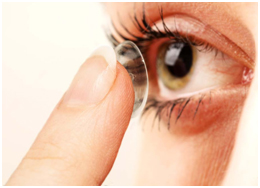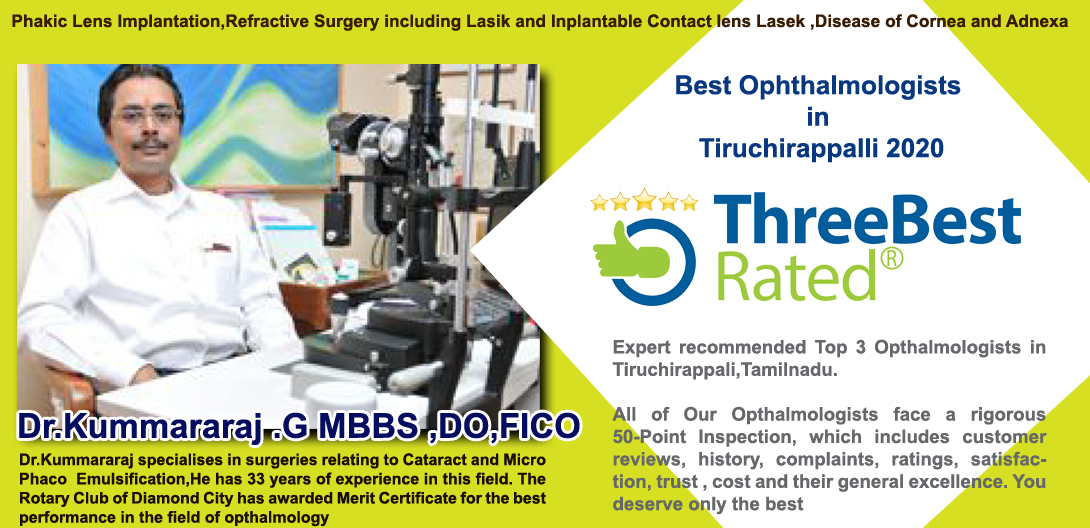Contact lenses are an excellent choice for nearly anyone who needs vision correction and doesn't want to wear eyeglasses full time or undergo LASIK surgery.
Some of the most common reasons for acquiring contact lenses are as follows:
- Permit a wider field of vision for your situational awareness in daily life.
- Remain on an athlete’s face when doing intense exercise.
- Free up styles and looks which may otherwise clash with glasses.
- Prevent fogging caused by weather conditions.

- No longer worry about where you last set your glasses.
Contact Lens Designs
Soft contact lenses (both standard hydrogel and silicone hydrogel lenses) are available in a variety of designs, depending on their intended purpose:
Soft contact lens designs
- Spherical contact lenses have the same lens power throughout the entire optical part of the lens to correct myopia (nearsightedness) or hyperopia (farsightedness).
- Toric soft contact lenses have different powers in different meridians of the lens to correct astigmatism as well as nearsightedness or farsightedness. [Read more about toric contact lenses.]
- Multifocal contact lenses (including bifocal contacts) contain different power zones for near and far vision to correct presbyopia as well as nearsightedness or farsightedness. Some multifocal lenses also can correct astigmatism. [Read more about bifocal contacts.]
- Cosmetic contact lenses include color contacts designed to change or intensify your eye color. Halloween, theatrical and other special-effect contacts also are considered cosmetic lenses. A contact lens prescription is required for cosmetic contacts even if you have no refractive errors that need correction.








